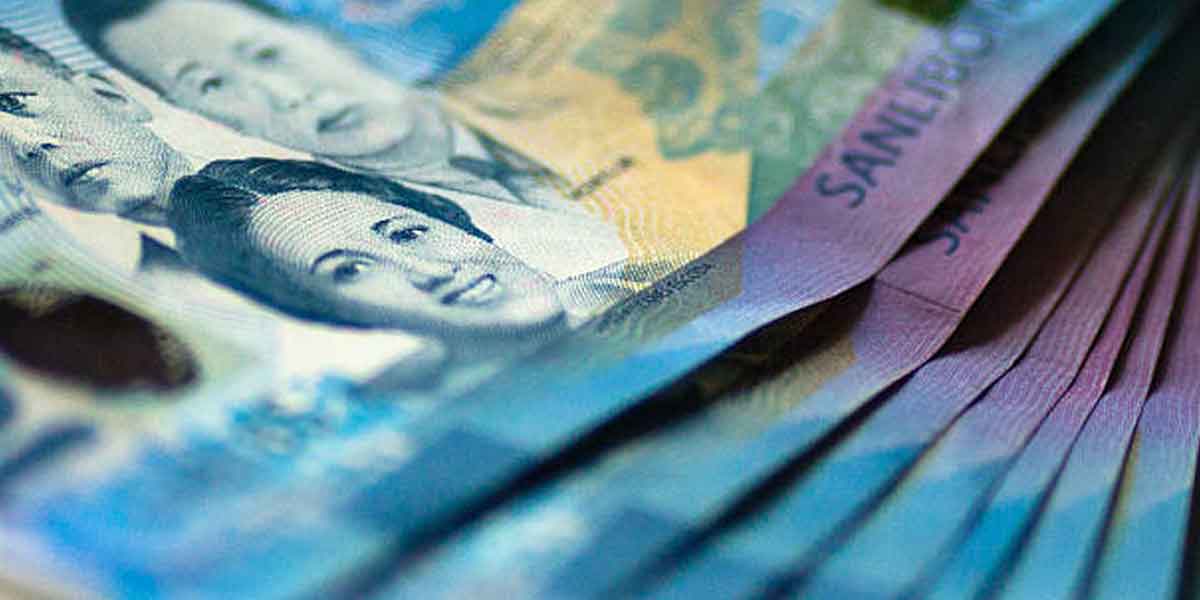By Artchil B. Fernandez
“Unpatriotic!” cried Bato de la Rosa slamming Filipinos who wanted the International Criminal Court (ICC) to investigate the bloody and brutal war on drugs of the previous of the administration where he was the chief implementer. “I don’t know why these bleeding hearts want to surrender our sovereignty to foreign bodies. They do not love our country — they do not love this country.”
Bato de la Rosa finds it unpatriotic for Filipinos to welcome the ICC probe on Du30’s gory drug’s war despite Philippine commitment to the Rome Statute. The Supreme Court already settled the question declaring the country has obligation to cooperate with ICC even if it has withdrawn from the body in a 15-0 decision.
If the Philippines fails to uphold its treaty obligations, its reputation and standing in the community of nations will be considerably damaged. It will show to the international community that the country does not and cannot honor its commitment and obligations thus an untrustworthy member. Allowing the ICC to come and investigate Du30’s horrific war on drugs is the most patriotic thing to do, upholding the dignity and credibility of the Philippines before the global community.
While Bato de la Rosa considers it unpatriotic for the Philippines to honor its treaty obligations, he on the other hand believes there is nothing wrong with selling whole sale or handing outright the patrimony of the country to foreigners. He wanted the economic provisions of the 1987 Constitution amended to allow foreign ownership of vital industries. In 2020, de la Rosa along with Francis Tolentino filed Resolution of Both Houses No. 2 calling for relaxation of the “requirements for entry of foreign investments” which “will make our country attractive to investors” via charter change (cha-cha). They argue that “relaxing restrictive economic provisions in the 1987 Constitution” is the best way “to rapidly revive and revitalize our economy.”
The argument that opening the country’s economy to foreigners is the path to economic salvation is currently in the national conversation as fresh efforts to amend the economic provisions is being pushed by legislators of both Houses of Congress (including de la Rosa). They blame the Constitution for the backwardness and late developed status of the country.
Is the country really economically closed to foreigners and is not open enough to foreign capital? Does giving foreigners full control of the economy the way forward and the answer to the late development dilemma of the Philippines? Is the present Constitution responsible for the country’s present economic mess? These are what the present proponents of charter change want Filipinos to believe.
These are lies and deception. Truth is the Philippines had been opening to foreign capital for more than half a century. It began in the Macapagal administration and quickened during the regime of Marcos senior. The dictatorship of Marcos senior started dismantling the protectionist measures instituted by post-war regimes, particularly by the Garcia administration that made “Filipino First” a cornerstone of his economic policy through import-substitution industrialization (ISI).
Foreign capital viewed ISI as a hindrance to its expansion in the country and worked through the International Monetary fund (IMF) and the World Bank (WB) to undo ISI and pave the way for foreign capital to make in-roads in local economy.
President Diosdado Macapagal was forced to abolish and exchange controls in early 60s. Two major legislations (Investments Act of 1967 and Export Incentives Act of 1970) were passed by Marcos senior to attract foreign investors. Through PD 66, the martial law regime of Marcos senior created Export Processing Zones (EPZ) in Bataan. These are some of the incentives granted to foreign investors: permission for 100 percent foreign ownership; tax exemption privileges; low rent for land and water; priority in allocation to Central Bank foreign exchange allocations for imports, among others.
The neo-liberal drive to hasten opening the country to foreign capital continued in the post-EDSA regimes. This was done through the pillars of neo-liberal thinking – liberalization, privatization and deregulation. Philippine economy was flooded with foreign goods through drastic tariff reductions (EO 413 of Cory Aquino and EO 264 of Ramos). State enterprises were sold to private corporations and key industries like oil were deregulated. These policies gave foreign capital a firm grip of Philippine economy.
All post-EDSA regimes from Cory Aquino to Bongbong Marcos (BBM) are committed to neo-liberal economics, accelerating the entry of foreign capital in the country initiated by pre-EDSA regimes of Diosdado Macapagal and Marcos senior yet the Philippines remain poor, backward, and late developed. Now the present regime of Marcos junior is claiming the Philippines had not been opening enough to foreign investors hence the need to amend the constitution. This is absurd. What should be asked is why the Philippines is not prosperous despite opening its arms and legs to foreign capital for more than five decades. This model of development is a flop.
It is clear the policy to open the country to foreign capital not only failed but is the culprit of its late developed status. Giving away the country’s national patrimony to foreigners therefore is not the way forward. The move to open wide the economy to foreign capital and give everything away to foreigners is not only unpatriotic but an act of treason. Foreigners are interested in maximizing profits not developing the Philippines.
Bato de la Rosa and all legislators who think like him along with high officials like BBM are unpatriotic and traitors for offering the country in the altar of neo-liberalism. They want foreign capital to further rape and plunder the country’s national economy and patrimony through charter change.





















